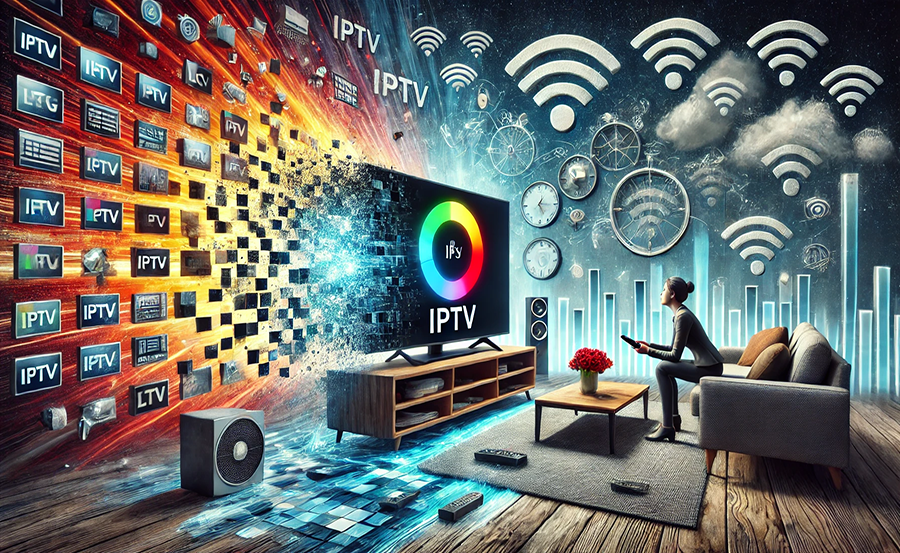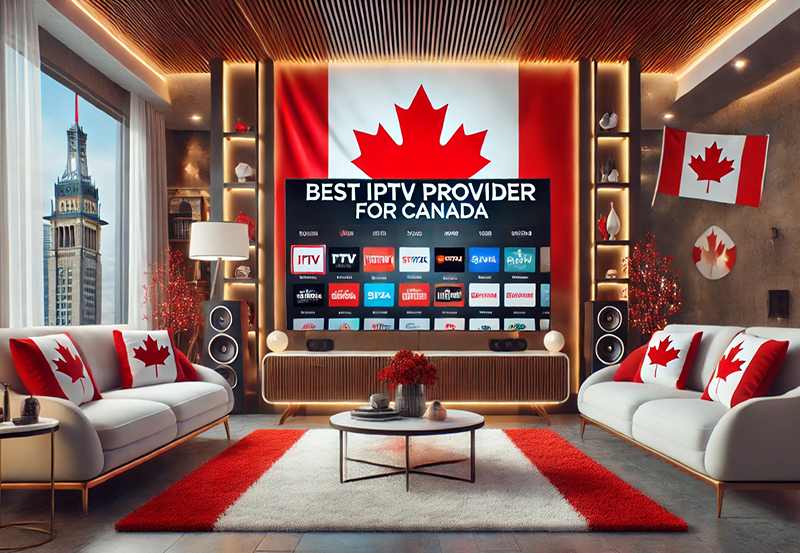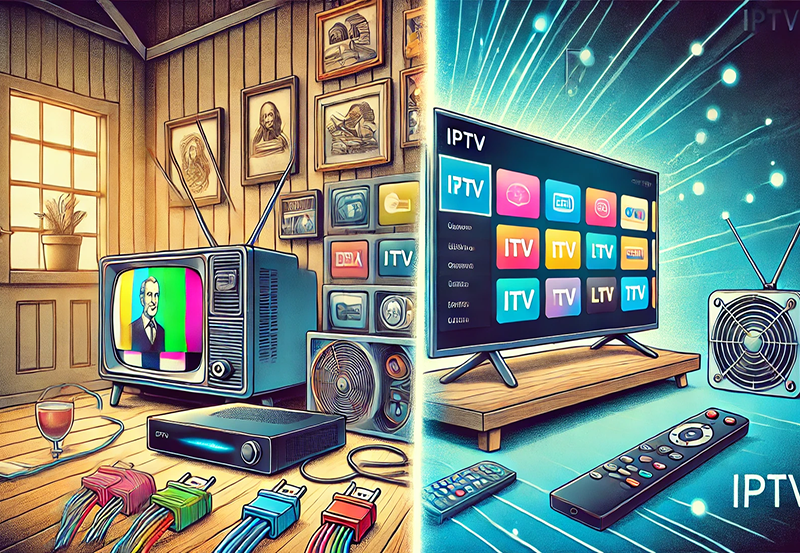In today’s fast-paced digital landscape, the convenience and flexibility of IPTV (Internet Protocol Television) have become a game-changer for viewers worldwide. But nothing interrupts an intense viewing session quite like buffering. Understanding how to fix IPTV buffering can significantly enhance your viewing experience, keeping those dramatic moments uninterrupted. In this comprehensive guide, we delve into the causes of IPTV buffering and provide effective solutions to bring seamless streaming to your fingertips.
Understanding IPTV Buffering
What is IPTV and How Does It Work?
IPTV transforms your viewing experience by delivering television content through IP networks, unlike conventional terrestrial, satellite, or cable television formats. This digital approach means that content is streamed in packets, which are then reassembled to provide the viewer with seamless television. While the concept fundamentally enhances accessibility and range, its dependency on internet connectivity makes it susceptible to buffering issues.
Buy 1 Year IPTV Subscription and Enjoy Unlimited Content
What Causes Buffering in IPTV?
Buffering in IPTV can occur due to several factors. These include inadequate internet speed, hardware limitations, server-related issues, congestion in the network, and even the type of IPTV service used. Understanding these components offers a starting point to identify the specific problem, ensuring targeted solutions.
Steps to Fix IPTV Buffering
1. Evaluate Your Internet Connection
Check Your Internet Speed
Internet speed is fundamentally crucial for smooth IPTV streaming. A connection speed of at least 10 Mbps is typically necessary for standard definition, whereas HD content may require more. Use speed test services to determine if your current speed aligns with the requirements of high-quality IPTV streaming.
Upgrade Your Broadband Plan
If your current plan does not meet the demands of IPTV streaming, you might need to consider upgrading. Most providers offer diverse plans tailored to different browsing habits; selecting one that supports higher speeds can help reduce buffering significantly.
2. Optimize Your Network Setup
Position Your Router Strategically
The placement of your router can significantly influence performance. Position it centrally and away from physical obstructions. This setup maximizes signal distribution, reducing latency and, ultimately, buffering.
Use Wired Connections Where Possible
When possible, hardwire your connection using Ethernet cables. Wired connections offer a stable and faster data transfer rate compared to wireless, minimizing buffering risks.
3. Select Reliable IPTV Services
Choosing the right IPTV service can make a considerable difference. Some services, especially free or cheaply priced ones, might not have the capacity to handle high-volume traffic efficiently. It is often beneficial to select reputable Global IPTV services known for reliability and offer excellent customer support to address any concerns promptly.
Further Enhancements for a Better IPTV Experience
Leverage IPTV for Android
The flexibility of using IPTV for Android devices provides users with the convenience of portability and ease of access. Consider using applications designed for IPTV on Android to improve interface experience and enhance streaming quality.
Maintain Your IPTV Equipment
Regularly updating the firmware on your IPTV box or Smart TV can prevent technical glitches and improve performance. Clearing cache or resetting your device periodically can also free up space and resources, ensuring smoother playback.
Utilize Quality of Service (QoS) Settings
Many modern routers are equipped with QoS features that allow prioritization of bandwidth for specific devices. Utilize these settings to prioritize your IPTV equipment, ensuring bandwidth is allocated effectively for seamless streaming.
Troubleshooting Tips for Persistent Issues
Analyze Traffic and Bandwidth Usage
Using network monitoring tools, look into all devices connected to your network to identify bandwidth-heavy applications that may be causing traffic congestion. Keeping tabs on network usage can help locate and alleviate potential points of failure.
Revolutionize Your IPTV Adventure
Invest in upgraded streaming devices or cutting-edge technologies optimized for IPTV. Devices with higher processing capabilities ensure fast and error-free packet assembly, substantially reducing buffering issues and making headway into a flawless IPTV adventure.
Contact Support Services
If buffering problems persist, reach out to your IPTV service provider for technical assistance. They might offer specific adjustments or solutions tailored to their service, which can substantially improve your viewing experience.
Enhancing the Future of IPTV for Users
Our digital consumption habits are shifting rapidly, necessitating more reliable, high-performance solutions. Implementing the strategies above not only fixes existing buffering issues but prepares your system for future content demands.
Frequently Asked Questions (FAQ)

What is the recommended internet speed for streaming IPTV without buffering?
To ensure a smooth IPTV viewing experience, a minimum speed of 10 Mbps is recommended for standard definition, while HD content may require 25 Mbps or higher.
Does wireless internet affect IPTV buffering?
Yes, wireless connections can lead to inconsistent performances due to interference or signal strength issues. Using a wired connection often offers better stability and faster speeds, reducing buffering occurrences.
Can IPTV buffering be caused by the device I am using?
Absolutely. Older devices with limited processing power can struggle to keep up with data-rich IPTV streams. Investing in updated devices can significantly curtail buffering issues.
How do I prioritize IPTV traffic on my network?
Most modern routers feature Quality of Service (QoS) settings, which can prioritize IPTV devices’ bandwidth usage, ensuring improved streaming quality by regulating data flow effectively.
How often should I reset my IPTV device?
It is recommended to reset your IPTV device at least once a week to clear cache, update firmware, and fix minor glitches, ensuring an optimal streaming experience.
Debunking IPTV Myths: Kodi vs Other Linux Players





